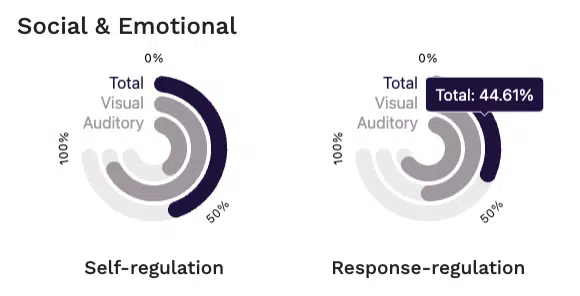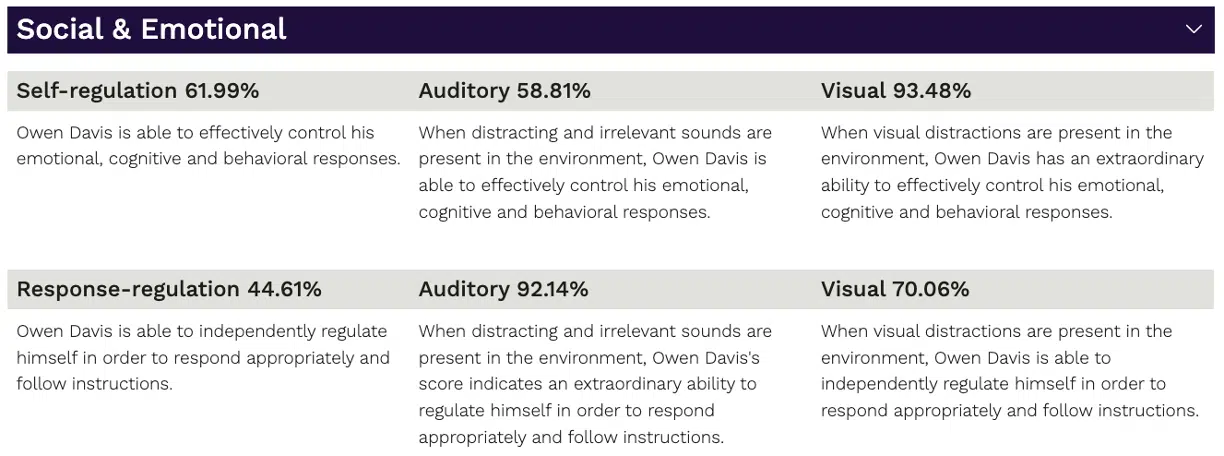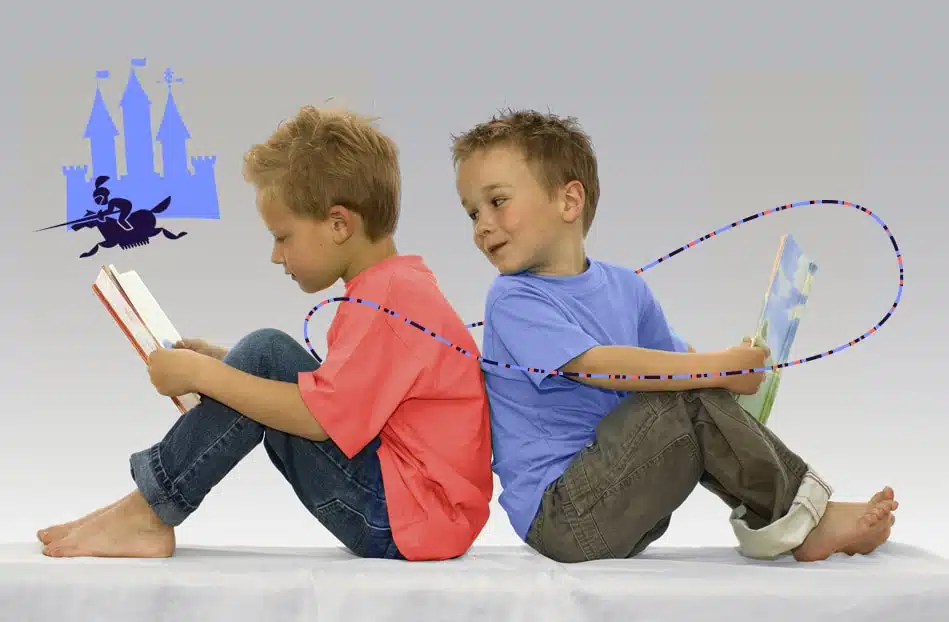This article explores how MOXO Profiler empowers educators to better support individual learning needs by measuring and addressing each learner’s social emotional learning abilities.
Social Emotional Learning (SEL) has become increasingly recognized as a vital component of educational development, encompassing the skills necessary for managing emotions, achieving personal goals, showing empathy for others, maintaining positive relationships, and making responsible decisions (Hamilton & Schwartz, 2019). These competencies are crucial not only for personal well-being but also for academic success, as they directly affect a student’s ability to interact harmoniously in a school environment, cope with academic pressures, and work effectively with peers and teachers. In fact, research indicates a shared underlying process behind the cognitive functions that support both academic abilities and social engagement (Patrick, 1997). Finding ways to effectively measure SEL is therefore paramount for academic success (Hamilton & Schwartz, 2019).
One measurable skill that promotes social emotional competence is executive functions, which are linked to delayed gratification, understanding others emotions or points of view (Theory of Mind) and current and future social-emotional development (Riggs et al., 2006). Tools and assessments designed to evaluate executive functions provide educators with valuable information to tailor educational strategies that can better support individual learning needs. Effectively measuring and enhancing these executive functions through targeted educational interventions can significantly improve not only SEL outcomes but also academic performance, preparing students for a successful educational journey and beyond.

The MOXO Profiler offers clear and accurate executive function measures that provide actionable executive function data directly related to social emotional learning abilities.
MOXO Profiler Measures and how they are related to SEL:
- Self-regulation represents a learner’s ability to resist impulses, allowing them to better handle conflicts, stay on task and engage positively with peers and educators.
- Response-regulation measures the learner’s capacity to act within the social norms and make choices that are acceptable in their social environment.
- Selective attention captures the learner’s ability to focus on important social cues and interactions while ignoring distractions, aiding in effective communication and group interactions.
- Processing speed represents the learner’s ability to quickly process, understand and appropriately respond to the social and emotional cues, facilitating social engagement and positive peer interaction.

By integrating SEL into the curriculum, schools help students develop a stronger sense of self-awareness and social awareness, which are foundational for successful classroom engagement and learning, as well as future success of all learners. In order to do this effectively, it is necessary to receive accurate data-driven measures of learners’ abilities, such as provided by the MOXO Profiler, making individualized learning plans as efficient and effective as possible.
Want to learn more about MOXO Profiler? Sign up for our next training session!
References
Hamilton, L. S., & Schwartz, H. L. (2019). Get Smart about Social and Emotional Learning Measurement. American Enterprise Institute.
Patrick, H. (1997). Social self-regulation: Exploring the relations between children’ social relationships, academic self-regulation, and school performance. Educational Psychologist, 32(4), 209–220.
full publication/article
Riggs, N. R., Jahromi, L. B., Razza, R. P., Dillworth-Bart, J. E., & Mueller, U. (2006). Executive function and the promotion of social–emotional competence. Journal of Applied Developmental Psychology, 27(4), 300–309.
full publication/article


